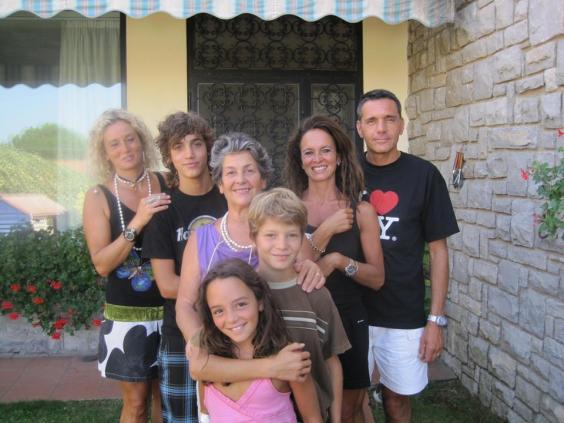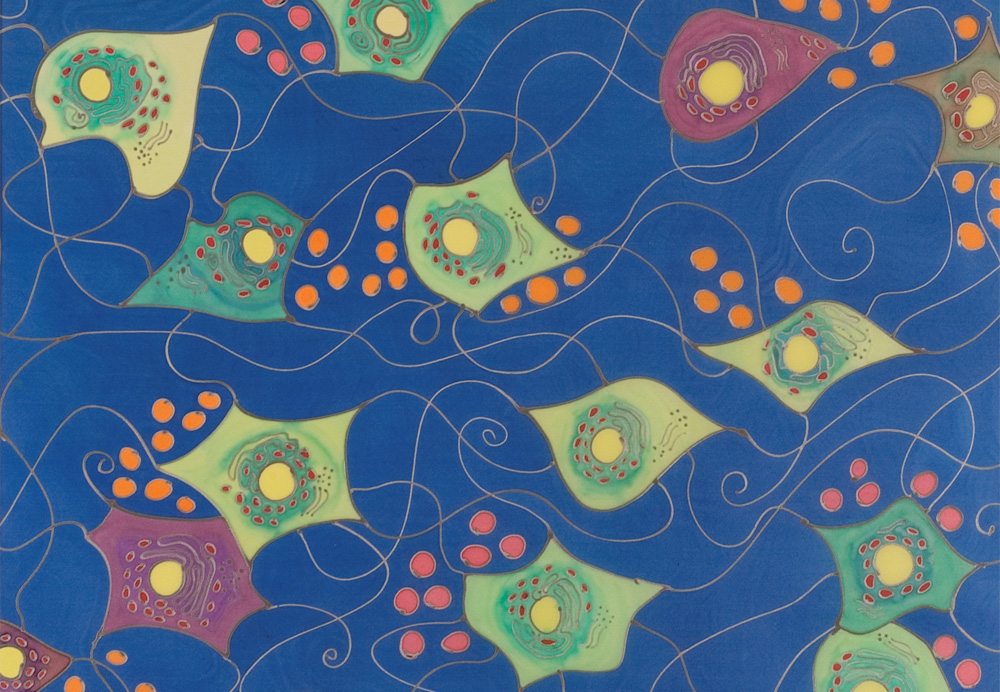This Italian Family Feels No Pain, All Thanks to a Genetic Mutation
Sticks and stones may break your bones – but what if you couldn’t even feel them?
While it may sound like the stuff of science fiction, some people are born with a condition that makes them unable to experience pain. Congenital insensitivity to pain is very rare, and incredibly dangerous.
Feeling absolutely no pain might sound appealing, but be warned before you pray to lord that you had it- it is extremely hazardous given pain is the body’s signal telling you to stop that risky activity you’re currently engaged in. Even a hot cup of coffee presents a potential hazard when you have an inability to process the sensation of a burnt tongue.
For many years physicians and scientists have been studying people with congenital analgesia. People with the condition may have a sense of touch but their lack of a sense of pain means they often injure themselves, for example by biting their tongue or being scalded with hot water without noticing as you and I would do.
Now, a new hope for relief might have been found in the strange case of an Italian family, who all have this genetic mutation
that makes them feel almost no pain at all.The six members of the Marsili family have a form of CIP so unique the condition has been named Marsili syndrome. A research team, lead by scientists at University College London (UCL), have conducted a genetic study into the family to determine the genetic root of the condition, how insensitive the family is to different types of pain, and whether the findings can be used to develop a new treatment for chronic pain.
“The members of this family can burn themselves or experience pain-free bone fractures without feeling any pain,” says James Cox, lead author of the study. “But they have a normal intraepidermal nerve fibre density, which means their nerves are all there, they’re just not working how they should be. We’re working to gain a better understanding of exactly why they don’t feel much pain, to see if that could help us find new pain relief treatments.”

The family members agreed to go through rigorous examination for the new research—tests that sound like mild torture to a normal pain-feeler. They were poked at tender points, touched surfaces ranging from 14 degrees to 122 degrees Fahrenheit, and dunked their hands in ice water.
Finally, the researchers sequenced part of the family’s genomes- mapping out the protein-coding genes in the genome of each family member. They identified a novel point mutation in the ZFHX2 gene. The mutation alters a part of the gene’s protein sequence that is normally consistent across species as variable as mice and frogs.
The researchers then conducted two animal studies to understand how the gene affects pain sensations in mice. They initially used mice that had been bred with the ZFHX2 gene entirely absent, and found them to have altered pain thresholds. They then bred a new line of mice that had the relevant mutation, and those mice were notably insensitive to high temperatures.
Further analysis of the mice bearing the mutation clarified that the gene regulates a number of other genes that have previously-established connections to pain signalling.
“By identifying this mutation and clarifying that it contributes to the family’s pain insensitivity, we have opened up a whole new route to drug discovery for pain relief,” said co-author Professor Anna Maria Aloisi of the University of Siena, a member of the team that first came across the Marsilis’ condition.
Specifically, Dr Cox and his colleagues hope their work will help develop treatments that can be used by people living with chronic pain.
“We hope that our findings and the subsequent research projects will help find better treatments for the millions of people worldwide who experience chronic pain and don’t get relief from existing drugs,” said the study’s first author, Dr Abdella Habib of Qatar University.































